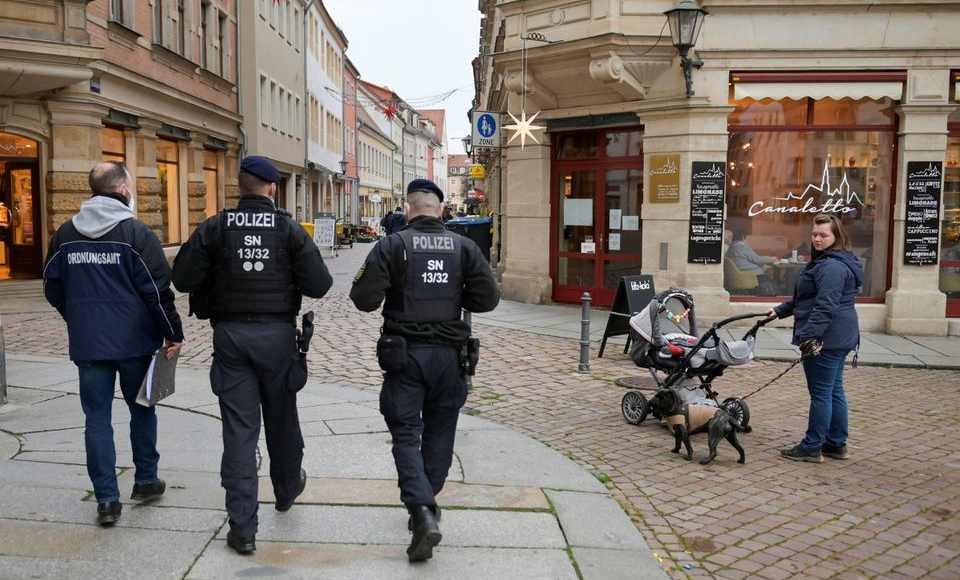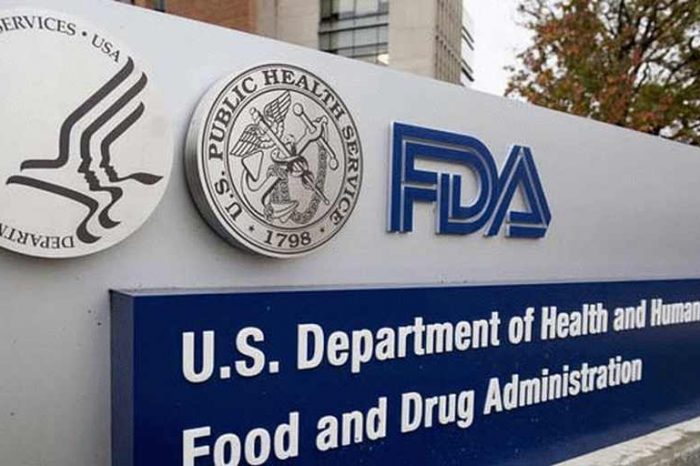Germany becomes the first nation to impose the toughest covid restrictions on its unvaccinated citizens; Unvaccinated Germans ban from public life and not allowed to go to restaurants, pubs, movies, gyms, others

In a close reminder of what took place during Nazi Germany during Hitler’s rule, today, Germany becomes the first nation to impose the toughest restrictions for unvaccinated citizens as German COVID-19 deaths passed 100,000 mark in the fourth wave of the virus.
According to multiple media outlet reports, only people who are vaccinated against COVID-19, or have recovered, will be allowed to go to restaurants, pubs, cinemas, gyms, cultural events, and non-essential shops, Reuters, AFP, and the BBC reported.
Outgoing Chancellor Angela Merkel and her successor Olaf Scholz agreed with leaders of Germany’s 16 states to bar the unvaccinated from access to all but the most essential businesses such as grocery stores, pharmacies, and bakeries.
In a statement, Merkel said, “‘Culture and leisure nationwide will be open only to those who have been vaccinated or recovered.” She went on to say that ‘We have understood that the situation is very serious and that we want to take further measures in addition to those already taken.’
Those who are unvaccinated are only permitted to meet two people from another household. The decision comes after a meeting between Chancellor Angela Merkel, her soon-to-be replacement Olaf Scholz, and regional leaders.
Germany’s vaccination rate of just under 70% is around the EU average but lower than countries like Portugal and Ireland.
In a tweet, AFP also reported that “Germany will ban people who have not been vaccinated against #COVID19 from large parts of public life, Chancellor Angela Merkel said Thursday after a meeting with the country’s regional leaders.”
#UPDATE Germany will ban people who have not been vaccinated against #COVID19 from large parts of public life, Chancellor Angela Merkel said Thursday after a meeting with the country's regional leaders pic.twitter.com/n575tqzZl8
— AFP News Agency (@AFP) December 2, 2021




